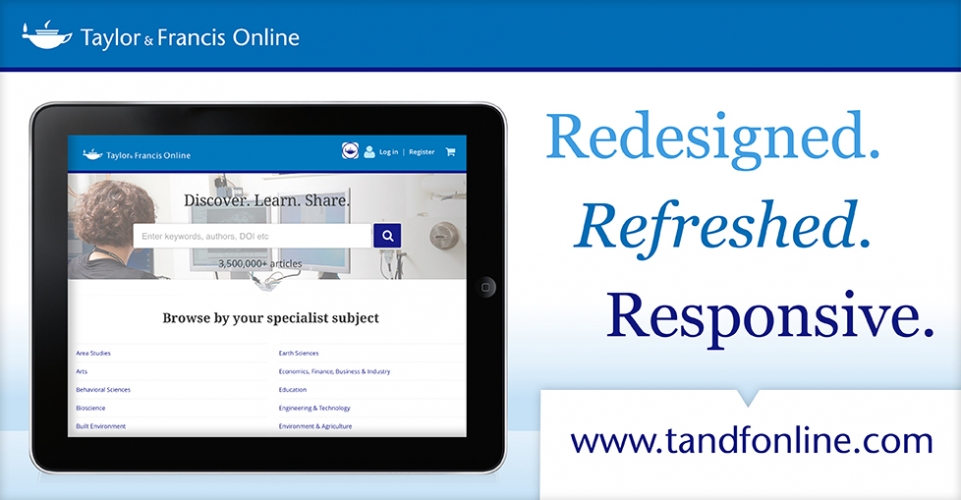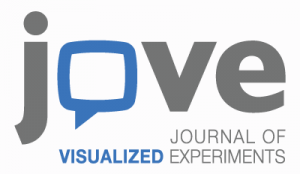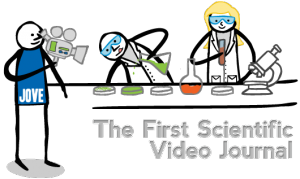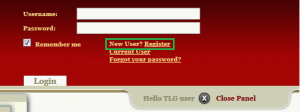Due to infrastructure updates a-z.lu won’t be available Monday, 19th September 2016 between 7.00 and 9.00 h.
We apologize for any inconvenience.
Due to infrastructure updates a-z.lu won’t be available Monday, 19th September 2016 between 7.00 and 9.00 h.
We apologize for any inconvenience.
À partir d’octobre 2016, les documents de la médiathèque – plus de 15.000 DVD, Blu-ray, CD et méthodes de langues – pourront être empruntés et retournés par les usagers eux-mêmes via une borne automatique, grâce à la technologie RFID (Radio Frequency Identification).
Pour préparer la collection au prêt automatique, des travaux de conversion à la technologie RFID ont lieu à la médiathèque du 13 au 30 septembre 2016. Pendant les travaux, la médiathèque reste ouverte et tous les documents sont accessibles pour le prêt à domicile, ainsi que pour la consultation sur place.
Néanmoins, comme les travaux peuvent occasionner du bruit, la BnL conseille à ses usagers de se rendre à la salle des Arts pour toute consultation sur place (salle de lecture au 1er étage, au-dessus de la médiathèque). Des lecteurs CD, ainsi que des téléviseurs avec lecteurs DVD/Blu-ray y sont à leur disposition. Les écouteurs et les télécommandes pour les divers appareils sont disponibles au guichet de la médiathèque.
Le projet-pilote RFID permet à la BnL de tester cette nouvelle technologie en vue de son implémentation dans le nouveau bâtiment, dont l’ouverture est prévue pour le deuxième semestre 2018.
 United Nations Publications is pleased to announce the launch of the United Nations iLibrary, the first comprehensive global search, discovery, and dissemination platform for digital content created by the United Nations.
United Nations Publications is pleased to announce the launch of the United Nations iLibrary, the first comprehensive global search, discovery, and dissemination platform for digital content created by the United Nations.
The United Nations iLibrary provides scholars, students, policy makers, politicians, diplomats, information specialists, librarians and the general public with a single online destination for seamlessly accessing knowledge products created by the United Nations Secretariat, and its funds and programs.
To begin with, United Nations iLibrary includes publications, journals and series comprising facts and expertise on international peace and security, human rights, economic and social development, climate change, international law, governance, public health, and statistics. In future releases, the platform will also provide access to other resources such as working papers series and statistical databases.
At launch, United Nations iLibrary comprises 750 titles in English, and 250 in other official languages of the United Nations: French, Spanish, Russian, Chinese and Arabic. This initial scope covers most of the content published under the United Nations Publications banner between 2013 and 2015. A scope of around 3,000 titles is expected to be available by the end of 2016, corresponding to most titles published between 2010 and 2015.
The content of the United Nations iLibrary will be regularly updated with approximately 500 new titles published every year on the key topics reflecting the Sustainable Development Goals (SDGs) adopted by the United Nations.
The Consortium Luxembourg is happy to offer remote access to UN iLIbrary for all users with a valid library card from either National Library, University, LIST or LIH.
Access via a-z.lu: http://a-z.lu/BIBNET:All_content:BNL_MLBNL03955
L’écrivain Michel Butor, figure du Nouveau Roman, est décédé à l’âge de 89 ans. L’oeuvre de Michel Butor, prix Renaudot en 1957 pour “La Modification”, était immense et inclassable, allant bien au-delà des seuls quatre romans qu’il ait jamais écrits, le dernier en 1960.
En 2013, il avait reçu le grand prix de littérature de l’Académie française pour l’ensemble de son œuvre.
Vous trouvez des ouvrages et documents sur Michel Butor dans la Bibliothèque nationale, à l’Université du Luxembourg ainsi qu’en ligne : http://tinyurl.com/zjooo3r
Plus d’information: http://www.lemonde.fr/disparitions/article/2016/08/24/le-romancier-michel-butor-est-mort_4987526_3382.html

Taylor & Francis Online is relaunching with a new design, fully responsive interface and significant functional improvements for researchers, readers and learned societies.
For researchers: intuitive and readable article layout puts the content at the centre, organises figures & data, references, citations and article statistics into easily accessible tabs, and highlights access options and the article PDF.
For authors: Easy manuscript submission, clear information and instructions designed to meet the needs of anyone looking to publish their research.
Enhanced discoverability with multi-faceted search makes finding articles and journals simpler and faster, with options to filter by subject, publication date and access options.
Other benefits include:
If you need any further assistance, please have a look at the Video Walkthroughs.
All users with a valid library card of the National Library, University, LIST or LIH have remote access to all Social Science and Humanities Journals on the Taylor and Francis platform.
So don’t wait, go to http://a-z.lu/BIBNET:Databases:BNL_MLBNL03619 and check out the new design!
JoVE, the Journal of Visualized Experiments , is the world’s first peer reviewed scientific video journal. Established in 2006, JoVE is devoted to publishing scientific research in a visual format to help researchers overcome two of the biggest challenges facing the scientific research community today; poor reproducibility and the time and labor intensive nature of learning new experimental techniques.
, is the world’s first peer reviewed scientific video journal. Established in 2006, JoVE is devoted to publishing scientific research in a visual format to help researchers overcome two of the biggest challenges facing the scientific research community today; poor reproducibility and the time and labor intensive nature of learning new experimental techniques.
The Luxembourg Institute of Health (LIH) recently started a subscription to JoVE.
Following sections are included in the subscription:
As a result, the LIH researchers can now access more than 3.000 articles from top research institutions around the world that are dynamically sharing their research methods, data analyses and results clearly, accurately and professionally with the expertise of JoVE’s professional videographers.
All JoVE articles are indexed in subject-relevant indexing sites, including PubMed/MEDLINE, SciFinder and Scopus.
Access JoVE via a-z.lu or use the direct link: jove.com .
Please find here a short user guide to make the most out of the subscription: JoVE User Guide
Attention: Access to JoVE is only possible in the local network of Luxembourg Institute of Health!

UPDATE
Due to infrastructure updates both a-z.lu and findit.lu won’t be available Monday, 25th July 2016 between 8.00 and 12.00 h.
Access to licensed electronic resources is not possible during that time.
We apologize for any inconvenience.
Please be aware that Thesaurus Linguae Graecae (TLG) has a new website. Click “Full Corpus (Subscription required)” in the top menu to access the database.
If you wish to access the TLG, you must create a user profile. It is for free, but you must have an account and log in to use the full resources.
Click on “Register” in the top-right corner to create a user account.

Thesaurus Linguae Graecae contains virtually all ancient Greek texts surviving from the period between Homer (8th century B.C.) and A.D. 600, plus historiographical, lexicographic, and scholiastic texts from the period between 600 and 1453. The canon amounts to approximately 80 million words of text. A polytonic Greek font must be installed on your computer in order to view some work titles that appear in Greek.
The new Online TLG is designed to be intuitive and easy to use. Should you require assistance, have a look at their Help-Site for User Guides and short video tutorials.
TLG Help
Please find the new website her: http://stephanus.tlg.uci.edu.proxy.bnl.lu/index.php
If you’re looking for the right mix between digital, culture and a great team, check out our job offer at Monster.lu.
Here’re the quick facts:
Looking forward to hearing from you!
Happy holidays.
About two hours ago, our new servers started handling findit.lu. Following tests so far, the migration seems to have had no hiccups.
If you should have any problems, please let us know via help@findit.lu. Thank you!